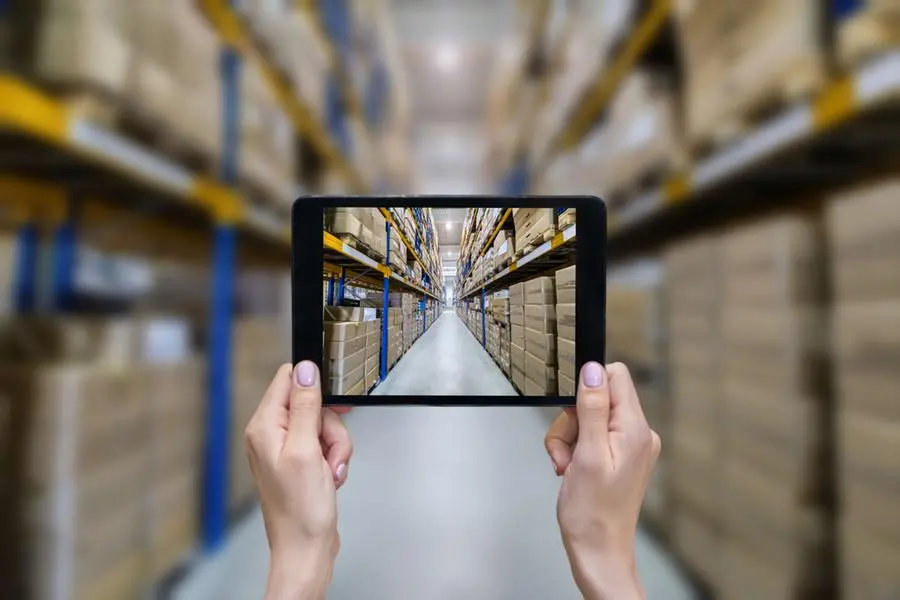PHOTO
- 63% of Saudi consumers polled intended to boost their online spending significantly higher than the 31% who intend to continue shopping in physical stores
- 46% of respondents in Saudi have preferred in-store visits for frequent shopping in the last 12 months
Riyadh: – PwC’s latest Middle East Pulse report, part of its Global Consumer Insights Survey, explores how local consumers in Saudi Arabia have become more aware and better-informed buyers, empowered by the latest technology advances and are seeking out more information before making a final decision on a purchase.
Consumers today are becoming more aware of new ways to purchase goods, while gaining fast and reliable insight into desired products. With higher awareness levels, the survey reveals an uptake in the use of specialised price comparison platforms, advertisements and promotions, to complement relying on search engines, social media, and word-of-mouth as consumers show more price-conscious attitudes. An important attribute of local Saudi consumers is shown to be sustainability, which remains a top priority. Moreover, a generally younger and tech-savvy population in the Kingdom is more likely to use emerging technologies during their purchase journeys. Through the survey discover what tools consumers are relying on as a guide to smart and pocket friendly purchases.
Norma Taki, PwC Middle East’s Consumer Markets Leader, said: “Consumer behaviour in the Middle East continues to evolve into a more informed, tech savvy group of shoppers, which signifies empowerment by digital transformation and a dynamic shopping landscape. It is important for retailers to accept these changes and reflect them in their strategies, products, and the overall shopping experience.”
Consumers rely on research and technology as they finalise their purchase decisions: Consumers are revealed as price-conscious individuals who typically use their smartphones or connected devices to compare prices online and in-store. Studies have shown that 98% of internet users in Saudi Arabia are active on social media and digital platforms, with an average of 7.7 social media accounts per person. The report showed that 19% of the surveyed consumers in Saudi will use search apps and other digital engines to research their desired items. This method has been ranked as consumers' top one way of researching products and their quality.
In-store shopping preferred and self-checkouts are gaining a foothold, despite the rise in online buying: Online shopping has continued to experience an influx in numbers, yet our survey has revealed that more than 51 % of Saudi consumers prefer using self-checkout in a physical store due to its greater variety of payment options. In addition, results have revealed that 46% of respondents in the Kingdom have preferred in-store visits for frequent shopping in the last year, while 36% prefer to shop online.
Brand websites are trusted: Consumers, particularly millennials and GenZs, prefer to visit a brand’s website to find more competitive prices and ensure the authenticity of products. The website experience was key to 65% of survey participants, who directly purchased products from the brand’s website vs 68% of their regional peers. 21 % of the local Saudi surveyors vs. 20% of regional, expressed the importance of verifying product descriptions in person in order to minimize returns and refunds.
Willingness to pay more for sustainable and local produce: Regional and Kingdom wide consumers shared that more than 20% would be willing to pay 11 -20% above the average price for a product produced locally.
Hands on the latest tech products: Digital transformation is becoming a key player in market sales and digital advertisements. Tech led consumers believe that the latest in digital devices can serve them better in dealing with their purchases. 62% of local consumers in the Kingdom (vs 48% globally) are eager to be the first to buy cutting-edge technology and experience the latest tech advancements. In addition to this, the report has unveiled that 52% of Saudi consumers (vs 44% globally) have demonstrated a greater interest in chatbots and are keen to use them for quality product information research.
Strong preference for subscriptions: 20% of Saudi consumers vs. global counterparts (17%) subscribe to household grocery delivery services like fruit and vegetable boxes and meal kits. The survey shared surveyors' opinions on subscriptions by stating 54% of Saudi consumers believe that subscriptions better save cost, while more than 40% feel it enables them to try before buying, provides greater convenience and maintains a consistent lifestyle routine.
Imad Matar, PwC Middle East’s Deals Advisory and Transaction Services Leader KSA, said: “The transformation of local shoppers in Saudi Arabia signifies an advanced desire to be more informed, aware, and empowered to use the latest in digital devices and technology amidst rise in costs. Saudi Arabia is experiencing a remarkable journey towards Vision 2030, it is important for our community to be able to adapt to the Kingdoms changes.”
-Ends-
About PwC
At PwC, our purpose is to build trust in society and solve important problems. We’re a network of firms in 152 countries with nearly 328,000 people who are committed to delivering quality in assurance, advisory and tax services. Find out more and tell us what matters to you by visiting us at www.pwc.com.
Established in the Middle East for over 40 years, PwC Middle East has 30 offices across 12 countries in the region with around 10,000 people. (www.pwc.com/me).
PwC refers to the PwC network and/or one or more of its member firms, each of which is a separate legal entity. Please see www.pwc.com/structure for further details.
© 2023 PwC. All rights reserved




















